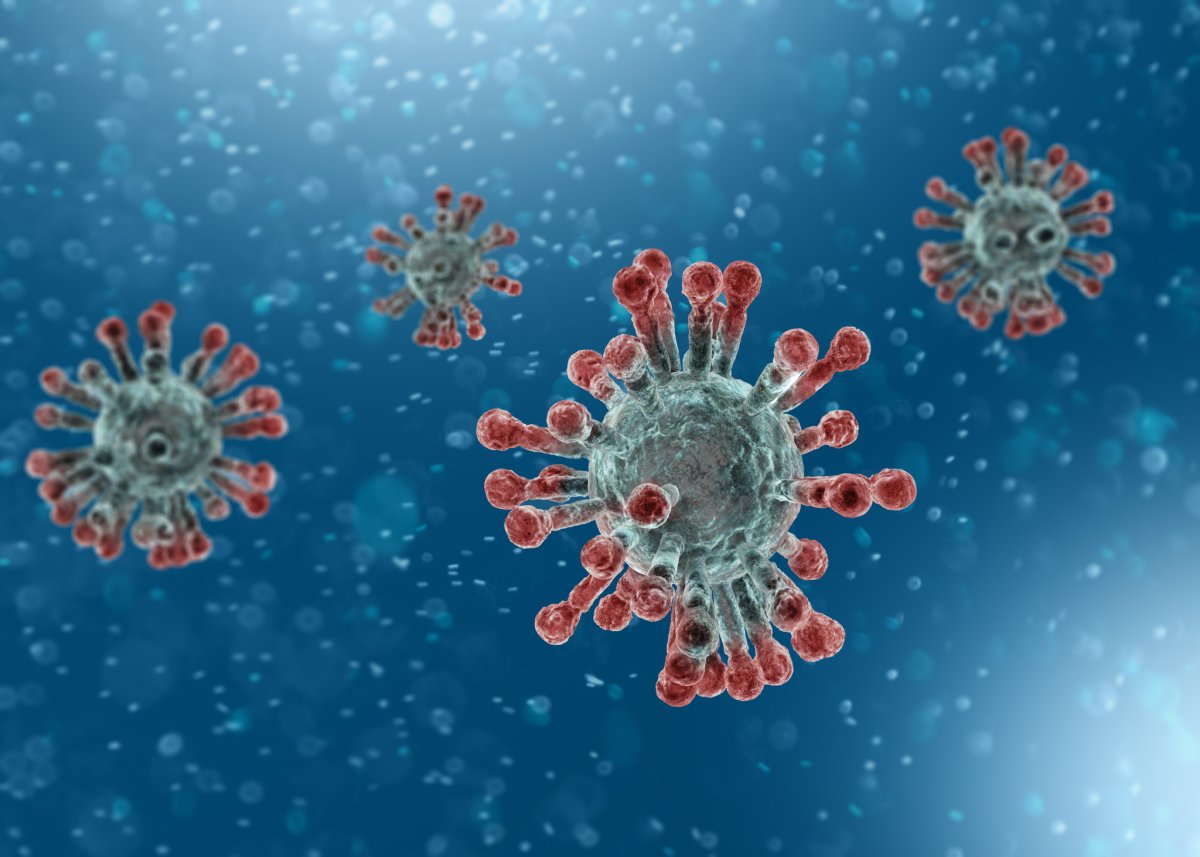A doctor in Brazil has developed COVID-19 twice within the space of three months, with the second bout more severe than the first, in the latest example of coronavirus reinfection.
A letter to the editor of the Journal of Medical Virology detailed the case of the unnamed 36-year-old woman who first tested positive for the coronavirus in late March. Her symptoms included a runny nose, sore throat, diarrhea, a lack of energy, and a headache.
After having symptoms for 11 days, she began to develop a rash on her right leg, and suffered from "severe" pain in her lower limbs. This area was also sensitive to touch. Some 24 days after she first fell ill, her symptoms cleared.
Following her recovery, the doctor went back to work on COVID-19 intensive care units in two hospitals. Antibody tests came back negative 33 and 67 days after she first developed symptoms.
Around 12 weeks after the woman first had COVID-19, she was hit by the disease again, experiencing a stuffy and runny nose, and a headache. She also lost her ability to smell and taste, and felt fatigued.
After 10 days, she became more exhausted, and she was still unable to smell or taste. On day 11, she visited an emergency room, where a scan revealed she had developed viral pneumonia due to the coronavirus. The authors of the letter said the woman's body had a more intense inflammatory response to the virus the second time she was infected.
It took about 24 days after her second bout of COVID-19 for her lungs to return to normal in scans.
The authors of the letter said there is "a strong probability" that the two episodes of infection were caused by different strains of the coronavirus, and each form may have caused different symptoms.
"There is still no guarantee of prolonged immunity," the team wrote.
The first known example of a person being reinfected with the coronavirus was reported in Hong Kong in August, with a handful of other similar cases emerging since.
Evidence suggests that some people who have had a mild case of COVID-19 may not have a strong and lasting immune response, and their antibody levels may fade after two to three months, the authors of the paper wrote.
The case study was published the day that the South Dakota Department of Health said the it was investigating 28 cases of "possible" coronavirus reinfections in the state.
State epidemiologist Dr. Joshua Clayton said at a press briefing on Wednesday that the department was waiting for the U.S. Centers for Disease Control and Prevention (CDC) to provide guidance on how reinfections will be classified. Clayton said its public health laboratory had partnered with the University of Minnesota to run genetic tests to see if the patients caught different forms of the coronavirus.
On the section of its website dedicated to reinfection that was updated on Tuesday, the CDC states: "Confirmed and suspected cases of reinfection of the virus that causes COVID-19 have been reported, but remain rare." It said it had given state and local health departments information to help investigate suspected cases, and said it will be updated as it learns more about the phenomenon.
Daniel Davis, professor of immunology at the University of Manchester in the U.K., who was not involved in the case study, told Newsweek it is unclear how common reinfection is.
Commenting on the case of the Brazilian doctor, Davis said it has previously been shown that patients can have worse symptoms after re-infection, but in general it is not yet known how they vary between a first infection to a second infection.
"This case serves to show that we sorely need more research into what happens to people infected with this virus over long periods of time, including if they are exposed the virus a second time," he said.
Ian Jones, professor of virology at the U.K.'s University of Reading told Newsweek the doctor in Brazil would have been "constantly exposed to virus so the opportunity for reinfection was high and the second bout of disease might have been related to the fact she did not raise long lasting antibodies following the first infection."

Uncommon Knowledge
Newsweek is committed to challenging conventional wisdom and finding connections in the search for common ground.
Newsweek is committed to challenging conventional wisdom and finding connections in the search for common ground.
About the writer
Kashmira Gander is Deputy Science Editor at Newsweek. Her interests include health, gender, LGBTQIA+ issues, human rights, subcultures, music, and lifestyle. Her ... Read more
To read how Newsweek uses AI as a newsroom tool, Click here.








